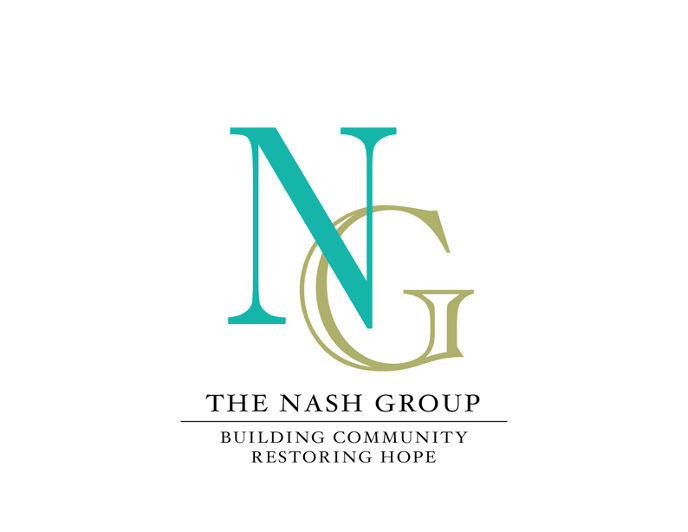Course Title: Integrating Supportive Services into LIHTC Affordable Housing Projects
Course Description
Delve into the integration of supportive services within Low-Income Housing Tax Credit (LIHTC) affordable housing projects in this specialized online course offered on the Nash Group Training and Education Platform. This course explores the critical role of supportive services in enhancing the impact and sustainability of affordable housing developments, focusing on strategies to address the holistic needs of residents and promote community well-being. Through a blend of theoretical frameworks, best practices, and practical case studies, we will learn how to effectively design, implement, and evaluate supportive service programs within LIHTC projects, fostering resident stability, wellness, and long-term housing success.
Course Topics
1. Understanding Supportive Services: Definitions, Models, and Importance in Affordable Housing
2. Needs Assessment and Resident Engagement: Identifying Key Service Priorities
3. Designing Support Service Programs Aligned with LIHTC Project Goals
4. Collaborating with Providers and Community Partners
5. Funding and Sustainability of Supportive Services in LIHTC Projects
6. Monitoring and Evaluating Supportive Service Outcomes for Residents
7. Best Practices in Integrating Supportive Services into LIHTC Affordable Housing
8. Case Studies: Successful Implementation of Supportive Services in LIHTC Projects
Learning Objectives
Upon completion of this course, participants will be able to:
1. Define and differentiate various types of supportive services commonly integrated into affordable housing, understanding their role in supporting resident well-being and housing stability.
2. Conduct needs assessments and engage residents to identify key service priorities and tailor supportive programs to meet the diverse needs of LIHTC project residents.
3. Develop comprehensive plans for integrating supportive services into LIHTC affordable housing projects, aligning services with project goals, funding sources, and regulatory requirements.
4. Collaborate effectively with service providers, community organizations, and stakeholders to establish partnerships that enhance the delivery and impact of supportive services.
5. Explore funding sources and sustainability strategies for supportive services in LIHTC projects, including leveraging grants, Medicaid reimbursements, philanthropic support, and other financing mechanisms.
6. Implement monitoring and evaluation frameworks to assess the impact and effectiveness of supportive services on resident outcomes, housing stability, and community well-being.
7. Identify best practices for integrating supportive services into LIHTC affordable housing, drawing insights from successful models, innovative approaches, and lessons learned from the field.
8. Analyze case studies of LIHTC projects that have successfully integrated supportive services, highlighting key strategies, challenges, and outcomes that can inform future project implementation.
Value to the Participant
This course delivers significant value to a diverse audience of affordable housing developers, property managers, service providers, investors, and policymakers seeking to enhance the impact of LIHTC projects through the integration of supportive services. By equipping participants with the knowledge and skills to effectively design, implement, and evaluate supportive service programs, clients are empowered to create housing environments that support resident wellness, stability, and long-term success. Clients will gain a competitive edge in securing funding, building partnerships, and meeting regulatory requirements tied to supportive services in LIHTC projects, enhancing the attractiveness and sustainability of their developments. Moreover, this course enables clients to address the holistic needs of residents, foster a sense of community, and promote equitable access to essential services within affordable housing settings. Ultimately, participants emerge prepared to drive positive social impact, leverage supportive services as a key asset in affordable housing development, and contribute to vibrant, inclusive communities that prioritize resident well-being and housing stability.

Office Locations
We've got two main hubs: one where the BBQ is sizzling and the jazz is smooth (Kansas City, Missouri) and another where the palm trees sway and the sunshine never quits (West Palm Beach, Florida). Come visit us and get a taste of the good life in both places!
Contact Information
Need to reach me? Try the classic phone call at
(816) 213-4461,
shoot me an email at
tnash@thenashdevelopmentgroup.com
or send a good ol' carrier pigeon my way. Just make sure it doesn't get distracted by any shiny objects along the way!
Events
Coming Soon: Upcoming Kansas City Conference
Coming Soon: Upcoming West Palm Beach Conference
Your use of the website or any of the information available on it does not constitute a professional services relationship between you and the Nash Group, LLC or its affiliates. The information provided on the website is for general informational purposes only and does not constitute professional advice or an offer to sell or a solicitation to buy securities. The Nash Group, LLC does not provide investment advice. The Nash Group, LLC's website is not to be construed as a recommendation to engage in a transaction with a particular party. You should always consult with your retained professional advisor(s) concerning your particular circumstances. Some of the information may have been provided by third parties and is based solely on information provided to The Nash Group, LLC by that third party. The Nash Group, LLC is not responsible for any information provided by third parties, and The Nash Group, LLC disclaims any responsibility for ensuring the information is accurate or up to date. Any opinions or conclusions expressed by any third party should not be construed as opinions or conclusions of The Nash Group, LLC. The Nash Group, LLC will not be liable for any loss or damage that may arise out of your use of any of the information available on the website. This website provides links to websites owned by other parties. The content of such sites is not within The Nash Group, LLC's control and The Nash Group, LLC has no responsibility for the information or content thereon.
